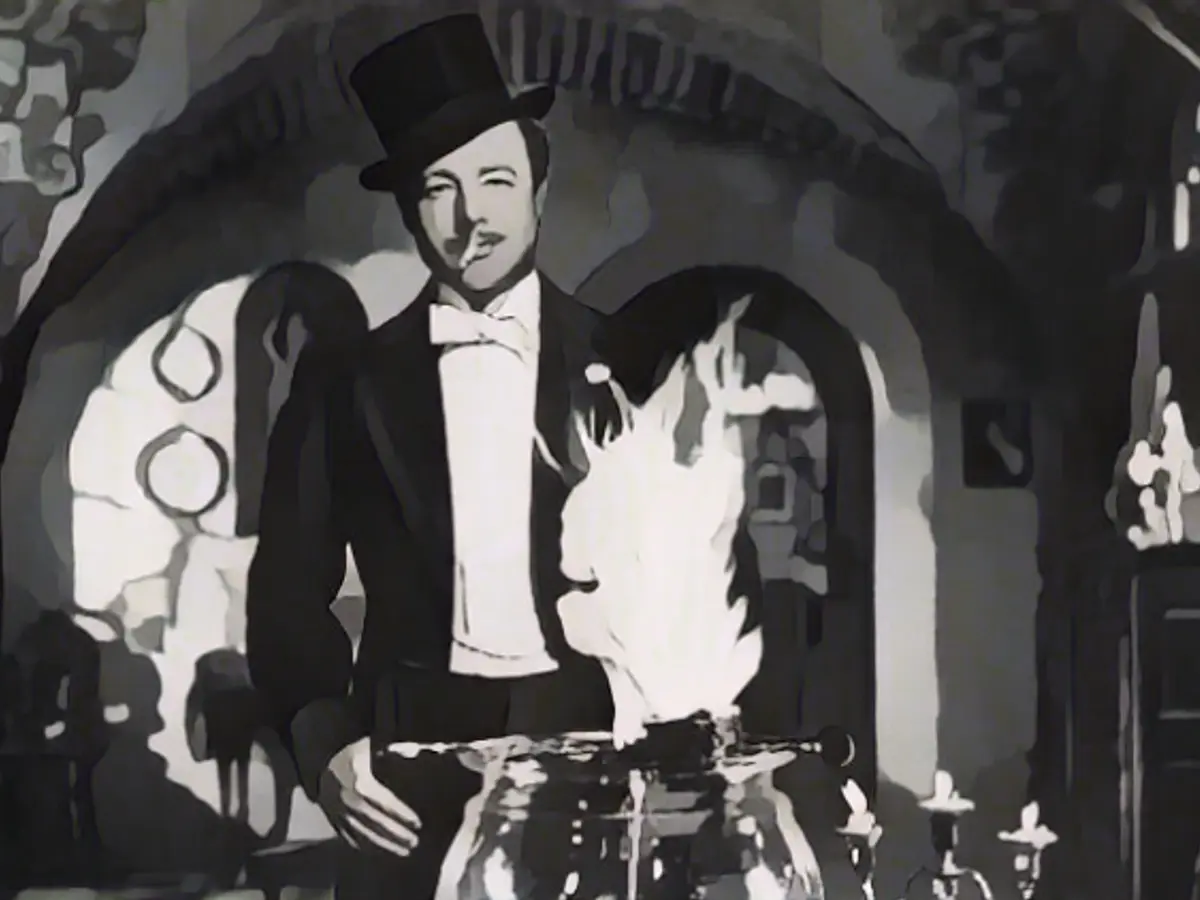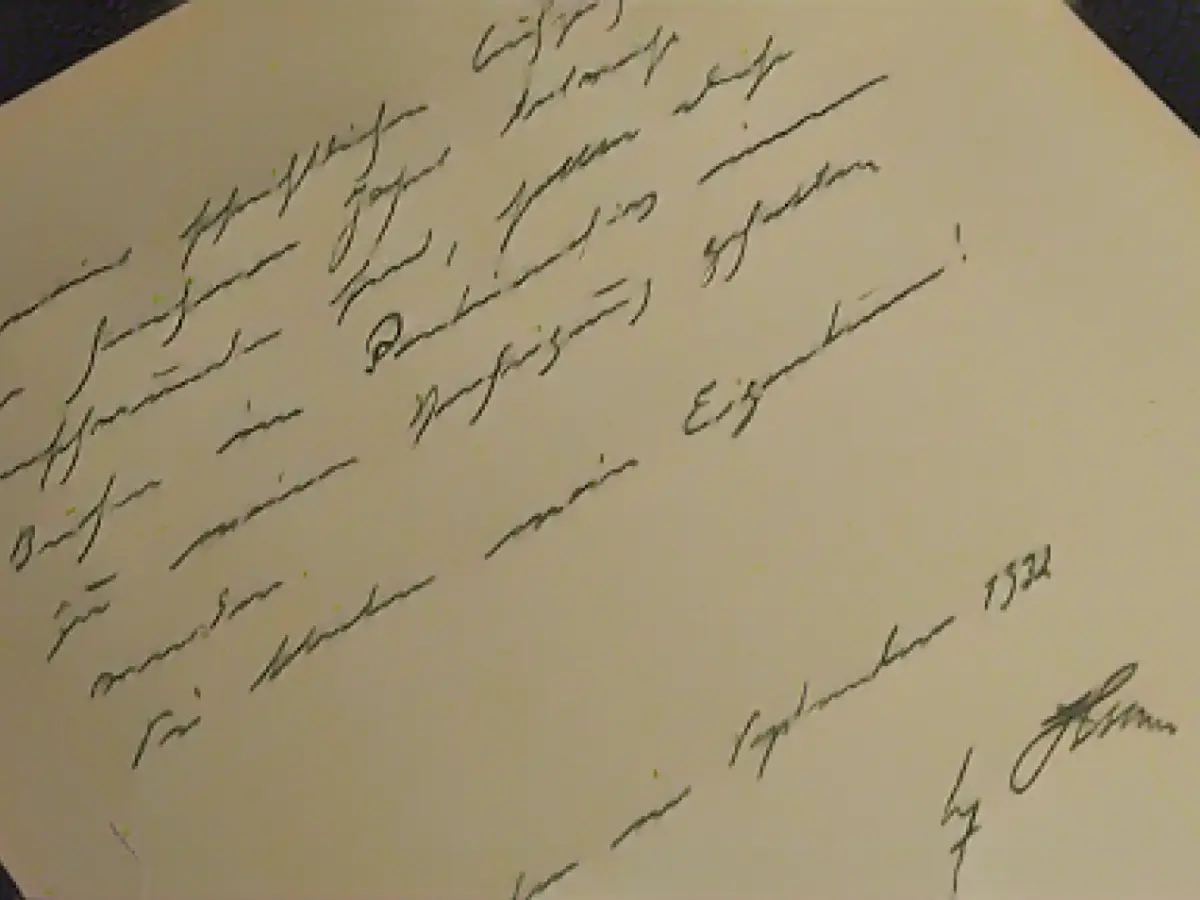"Die Feuerzangenbowle" Endures as a Timeless Comedy
"Is this film amusing?", reportedly inquired Adolf Hitler. Upon receiving a positive response, Hitler saw no issue with the screening of "Die Feuerzangenbowle" in cinemas, despite the tides turning against Nazi Germany at the front. Since then, the Heinz Rühmann film has become a cult classic in Germany.
A Timeless Dialogue
Clasrooms make the backdrop of German humor in this film. The now renowned phrase, "Johann Pfeiffer!", "With one F or two?", "With three, Professor!", "With three Fs?" originates from "Feuerzangenbowle". Becoming an instant reference, this dialogue is unforgettable for many.
Led by Heinz Rühmann's captivating portrayal of high school student Hans Pfeiffer, the film hit screens almost eight decades ago and will continue to grace ARD's airwaves on Christmas Eve.
A Legacy of Laughter
Especially for older generations, "Die Feuerzangenbowle" holds an emotive significance. Millions of people have watched it time and again on television, with screenings at German universities growing as a beloved tradition.
Hidden Meanings
Historians argue that the film's apolitical facade masks a subtle brown ideology. Scenes such as a dashing teacher likening young people to trees, or a lesson on historical migration with racial undertones, hint at Nazism's subtle influence.
A Premiere Amidst Strife
January 1944, Germany is in the throes of the Second World War. Hitler's demise is an inevitable outcome, as Russian forces launch a fierce counterattack on the Eastern Front. Amidst the chaos, on January 28, "Die Feuerzangenbowle" is unveiled in Berlin's Tauentzienpalast. Unfortunately, some of the actors who brought the film to life did not live to witness the premiere, having lost their lives between filming and the release.
A Star's Rise
Heinz Rühmann became a significant actor during the 1940s, and "Die Feuerzangenbowle" played an integral role in his rise to fame. Despite allegations of opportunism, Rühmann's relatable performances resonated with audiences, resulting in a long and successful acting career.
The Making of a Masterpiece
"Die Feuerzangenbowle" was adapted from Heinrich Spoerl's 1933 newspaper novel. Dr. Johannes Pfeiffer, an educated man unable to join in on school anecdotes, attends grammar school under the guise of being a pupil. His mischief unnerves the oddball teaching staff but leads him to a romantic interest, the principal's daughter. However, the film's real story is uncovered as a fabrication by the group of old friends at the heart of the novel.
A Nostalgic Narrative
A tale of nostalgia and longing, the film is an allegory of the Wilhelmine era (1890 to 1914). Despite its melancholic tone, the film encapsulates the warmth of memories missed but never forgotten.
Despite "Die Feuerzangenbowle"'s controversial past as a nod to the Nazi regime, its enduring appeal as a romantic comedy led to its continued popularity in post-war Germany.





